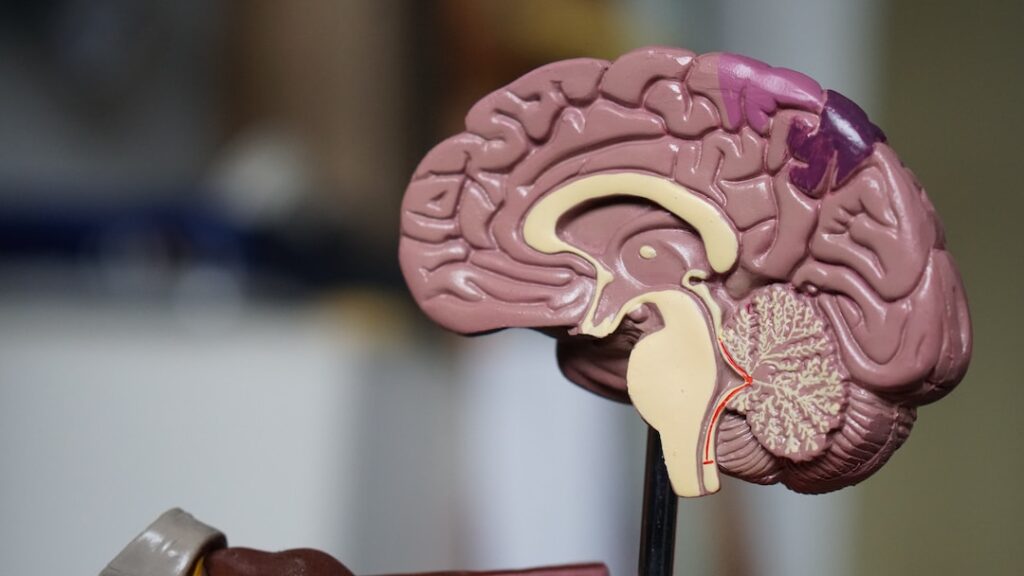Overcoming the Challenges: Tips for Pursuing Your Degree After Surviving a Traumatic Accident

Returning to education after a traumatizing event, such as a serious car accident, can feel overwhelming. The journey is not merely about physical recovery but also about adapting to the psychological aftermath while pursuing academic goals. Whether it’s coping with memory challenges or managing stress, many find the transition back to school to be daunting. Below, we will explore strategies and resources designed to support individuals on this unique path, to not just cope but thrive academically after such life-altering experiences.
Developing a Supportive Academic Network Post-Accident
Building a robust support network is foundational to succeeding after surviving a traumatic event. For starters, seeking legal advice from the best car accident attorney can prove beneficial in navigating the financial and legal aspects that may affect your academic life. Dealing with insurance companies, medical bills, and legal procedures can be daunting, particularly when you are already dealing with physical and emotional trauma. A skilled personal injury lawyer understands the intricacies of personal injury law and can guide you through the entire process, ensuring your rights are protected.
If you’re in the college application process, look into working with one of the best college counselors. Following an accident, it is not uncommon for students to fall behind on college admission deadlines or feel confused about which schools to apply to. A college counselor can provide clarity and structure by developing a personalized timeline for the student, ensuring that all materials are submitted on time. They can also help students identify suitable colleges and universities that align with their academic goals and accommodate any specific needs arising from the accident.
Another element of your support network could be peers who have faced similar challenges. Support groups, whether on-campus or online, can provide a sense of camaraderie and shared understanding that’s invaluable during recovery. Engaging with such groups often leads to the exchange of strategies and a collective source of motivation.
Embracing a Growth Mindset to Overcome Educational Hurdles

Adopting a growth mindset plays a pivotal role in overcoming educational challenges after a traumatic event. Embrace the idea that your abilities and intelligence can be developed through dedication, hard work, and resilience. This mindset encourages a focus on progress over perfection and can foster a sense of accomplishment even through small successes.
Challenges, setbacks, and even failures become opportunities for learning and growth with the right mindset. Instead of seeing difficulties as insurmountable, interpret them as chances to develop new strategies or acquire new knowledge. A growth mindset emboldens you to experiment with different learning methods, seek help when needed, and celebrate the journey of learning, rather than just the results.
Recovery and learning after a traumatic event is also about giving yourself grace. Recognize that recovery is not linear, and neither is learning. Not every day will be equally productive, and that’s okay. Setbacks are not permanent, and patience with oneself is key to maintaining morale and continuing to push forward academically.
Understanding the Impact of Trauma on Learning and Memory

Encountering a traumatic accident can significantly disrupt one’s cognitive functions, especially learning and memory retention. The stress and trauma associated with such experiences can lead to difficulties with concentration, information processing, and the ability to recall previously learned material. Recognizing these effects is the first step in devising a plan to effectively navigate your educational pursuits post-accident.
Interestingly, the brain’s response to trauma can differ widely among individuals. Some may experience heightened anxiety and distractions, making it harder to focus during lectures or while studying. For others, there could be periods where the recollection of specifics becomes challenging. Acknowledging these changes allows for a tailored approach to learning that takes these fluctuations into account.
You have to understand that such cognitive impacts are a normal response to abnormal events. Trauma can alter the way our brains function, but with the right strategies in place, resilience can be built. Engaging with therapists, neuropsychologists, or cognitive rehabilitation specialists could provide insights into personalized coping mechanisms that ensure a smoother academic experience.
As you can see, the path back to education following a traumatic accident is a deeply personal and often challenging one. It requires adapting study habits, leveraging available resources, building support networks, and most importantly, adopting a mindset that welcomes growth and resilience. By internalizing these strategies, you can transform your academic journey into a triumphant continuation of your recovery process, laying the foundations for a successful future.





